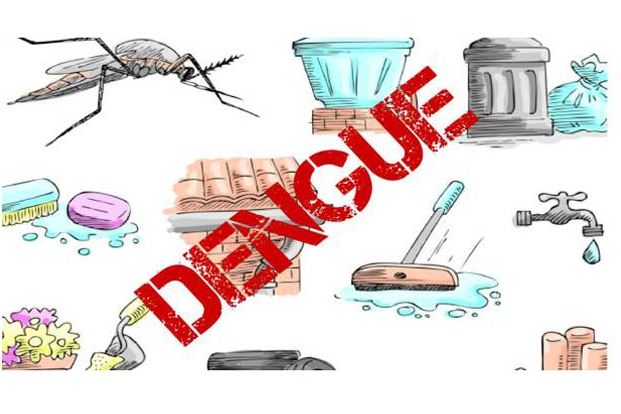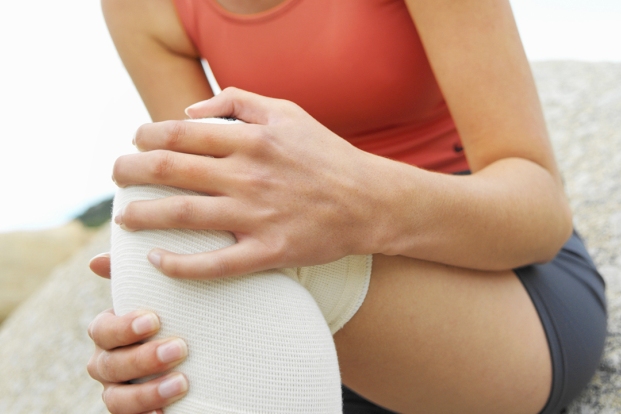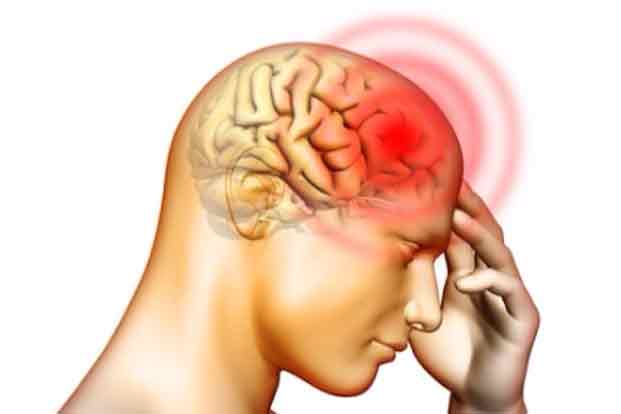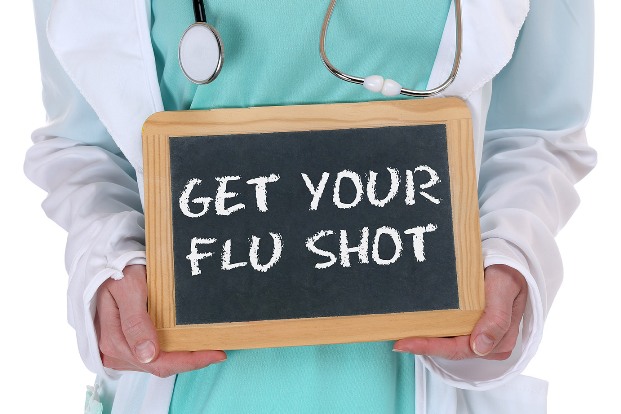Categories
- Bariatric Surgery (11)
- Black Fungus (5)
- Bone Marrow transplant (3)
- Brain Tumor Surgery Navigation Technology (20)
- Cardiac Surgery (66)
- Cardiology (97)
- Computer navigation technology for joint replacements (20)
- Covid Vaccination (17)
- Critical Care (2)
- Dental (19)
- Dermatology (31)
- Dialysis Support Group - “UTSAAH” (11)
- Dietitian (33)
- Emergency Medicine (4)
- Emotional Health (11)
- Endocrinology (33)
- ENT (20)
- Gastroenterology and GI Surgery (53)
- General and Laparoscopic Surgery (21)
- General Surgery (4)
- Gynecology & Obstetrics (183)
- Hematology (20)
- Internal Medicine (294)
- Kidney Transplant (50)
- Kidney Transplantation (20)
- Lung Cancer (8)
- Minimal Invasive Surgery (1)
- Mother & Child (20)
- mucormycosis (5)
- Nephrology (61)
- Neurology (147)
- Neurosurgery (68)
- Nutrition and Dietetics (107)
- Omicron Variant (1)
- Oncology (288)
- Ophthalmology (10)
- Orthopaedics & Joint Replacement (86)
- Paediatrics (59)
- Pediatric Nephrology (3)
- Physiotherapy (5)
- Plastic & Reconstructive Surgery (6)
- Psychiatry and Psychology (90)
- Psychologist (28)
- Pulmonology (72)
- Rheumatology (13)
- Spine Services (21)
- Transradial Angioplasty (16)
- Urology (84)
Query Form
Posted on Apr 19, 2022
Symptoms and Treatment of Dengue
Symptoms
Symptoms of dengue vary as per the severity of the disease.
Mild dengue fever
The symptoms could appear up to a week post the mosquito bite with the virus.

They include:-
- Aching joints and muscles
- High fever
- Body rash which could disappear & reappear
- Intense headache
- Vomiting & feeling nauseous
- Pain behind eyes
Symptoms generally disappear post a week and mild dengue seldom involves some serious or lethal complications.
Dengue hemorrhagic fever or DHF
Initially, the symptoms of Dengue hemorrhagic fever can be mild, however, they slowly worsen in a few days. As well as the mild dengue symptoms, there can be sign of internal bleeding.
An individual having DHF can experience:-
- Clammy skin
- Bleeding from gums, mouth or nose
- Damage to lymph & blood vessels
- Reduced count of platelets in blood
- Internal bleeding that can result in black vomit & feces or stools
- Sensitive stomach
- Weak pulse
- Small blood spots beneath the skin
With no prompt treatment, the DHF may be lethal.
Dengue shock syndrome or DSS
This is a severe kind of dengue which can be lethal.
Besides the symptoms of the mild dengue fever, an individual can experience-
- Disorientation
- Intense stomach ache
- Sudden hypotension or a fast dip in blood pressure
- Regular vomit
- Heavy bleeding
- Blood vessels leaking some fluid
With no treatment it can lead to death.
Treatment
There isn’t any specific cure or treatment for dengue as it is a virus. But intervention can assist, depending on the severity of the disease.
For mild forms, the treatment includes:-
- Preventive dehydration– A high fever & vomiting may dehydrate our body. The individual shall drink clean water. Rehydration salts may also assist in replacing fluids & minerals.
- Painkillers like paracetamol or Tylenol– may help to reduce feer & ease the pain.
- Non-steroidal anti-inflammatory drugs or NSAIDs like ibuprofen or aspirin, are not advised because they can raise the risk of internal bleeding.
More severe kinds of dengue fever may require:
- Intravenous (IV) fluid supplementation or a drip, if the individual can’t take fluids through mouth
- Blood transfusion for the patients having severe dehydration
Hospitalization allows the person to be properly monitored, if the symptoms get worse.



